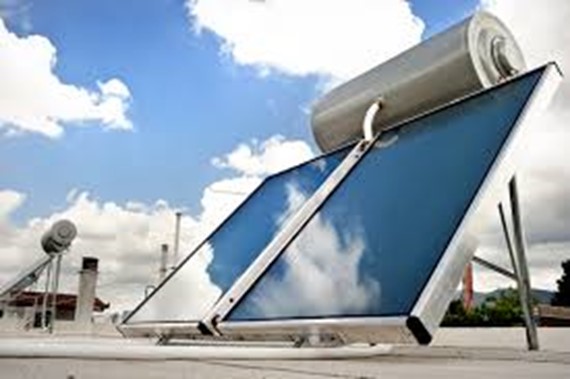
Introduction: Your Path to Sustainable Energy with Solar Installers-
Have you ever considered implementing sustainable energy solutions like solar power in your home or business? As the world searches for efficient and environmentally friendly energy sources, solar installers are working on providing residential and commercial properties with solar power systems. This article covers everything you need to know about solar installers, the solar installation process, and the benefits of embracing solar energy. Make a sustainable energy choice for your home or business with solar installers today!
1. Who Are Solar Installers?
Solar installers are technicians specialized in the installation, maintenance, and troubleshooting of solar power systems. They work on both residential and commercial properties helping customers transition from conventional energy sources to cleaner and greener solar energy. Solar installers are highly trained and certified professionals who ensure proper sizing, safe installation, and optimal performance of solar energy systems.
2. Solar Installation Process-
Understanding the solar installation process is essential to ensure a smooth and efficient transition to solar energy. The process generally involves the following steps:
A. Initial Consultation and Evaluation:
Solar installers assess the property for solar installation suitability and map out a customized energy solution that fits the needs, budget, and energy requirements of the client.
B. Site Inspection and Measurements:
Solar installers visit the property to take measurements, confirm specifications, and identify possible complications that may arise during installation.
C. System Design and Proposal:
Following a thorough inspection, the solar installer creates a detailed design plan of the solar power system backed by a corresponding proposal outlining its cost, benefits, and efficiency.
D. Permit Acquisition and Financing:
Installers collaborate with clients to acquire necessary permits from local authorities and finalize financing arrangements.
E. System Installation:
The solar installers embark on installation, adhering to safety and performance standards.
F. Inspection, Testing, and Commissioning:
After installation, the system undergoes inspection and testing for functionality, efficiency, and safety, followed by commissioning and integration into the property’s electrical grid.
3. Factors to Consider When Choosing Solar Installers-
Finding the right solar installer to handle your solar energy transition is crucial. Here are some factors to consider when choosing solar installers:

A. Licensing and Certification:
Ensure the solar installers hold relevant licenses and certifications to guarantee quality service.
B. Experience:
Opt for an installer with extensive experience and a proven track record in solar installations.
C. Reputation:
Search for customer reviews and testimonials, seeking recommendations from friends, neighbors, or colleagues who have undergone the solar installation process.
D. Warranties and Guarantees:
Choose a solar installer offering a comprehensive warranty on products and workmanship.
E. Price:
Compare quotes and services from multiple solar installers to make an informed decision.
4. Benefits of Solar Energy-
Solar energy provides numerous benefits, including:
A. Environmental Impact:
Solar energy is a clean and renewable energy source, reducing our reliance on fossil fuels and helping combat global warming.
B. Financial Savings:
Harnessing solar power can significantly reduce electricity bills.
C. Energy Independence:
Solar power systems work without relying on external energy sources, providing energy independence to homeowners and businesses.
D. Increase Property Value:
Solar installation can significantly increase property value, making it a valuable investment.
5. Residential vs. Commercial Solar-
While the basic principles of solar energy systems remain the same, there are some differences between residential and commercial solar installations:
A. System Size and Layout:
Commercial solar installations can be more complex due to larger space requirements and power demand, often requiring more solar panels.
B. Financing and Incentives:
Commercial solar systems have different financing structures and qualify for different incentive programs compared to residential solar.
C. Installation Process:
The installation process for commercial solar may involve more site inspections, measurements, and engineering input due to the complexities of the systems.
6. Solar Incentives-
Governments and utility companies offer a range of incentives to promote solar energy adoption among homeowners and businesses, including tax credits, rebates, and solar renewable energy certificates (SRECs). Research the incentives available in your area and ensure your solar installer can guide you through the application process.
7. The Future of Solar Energy-
As the world continues to veer towards sustainable energy options, the solar energy sector is poised for exponential growth. Technological advancements, decreasing costs, and increasing efficiency make it clear that solar energy will be a prominent player in the global effort towards sustainable energy and climate action.
Conclusion-
Embracing solar energy is not only environmentally responsible but also financially beneficial. As demand for solar installations grows, so does the need for qualified and experienced solar installers. Whether you’re a homeowner hoping to reduce your carbon footprint or a business looking to invest in clean energy, consider solar installers as your competent partners in transforming your property into an efficient, eco-friendly, and self-sustainable space. The future of solar energy is bright – don’t miss out on the opportunity to be a part of it!





